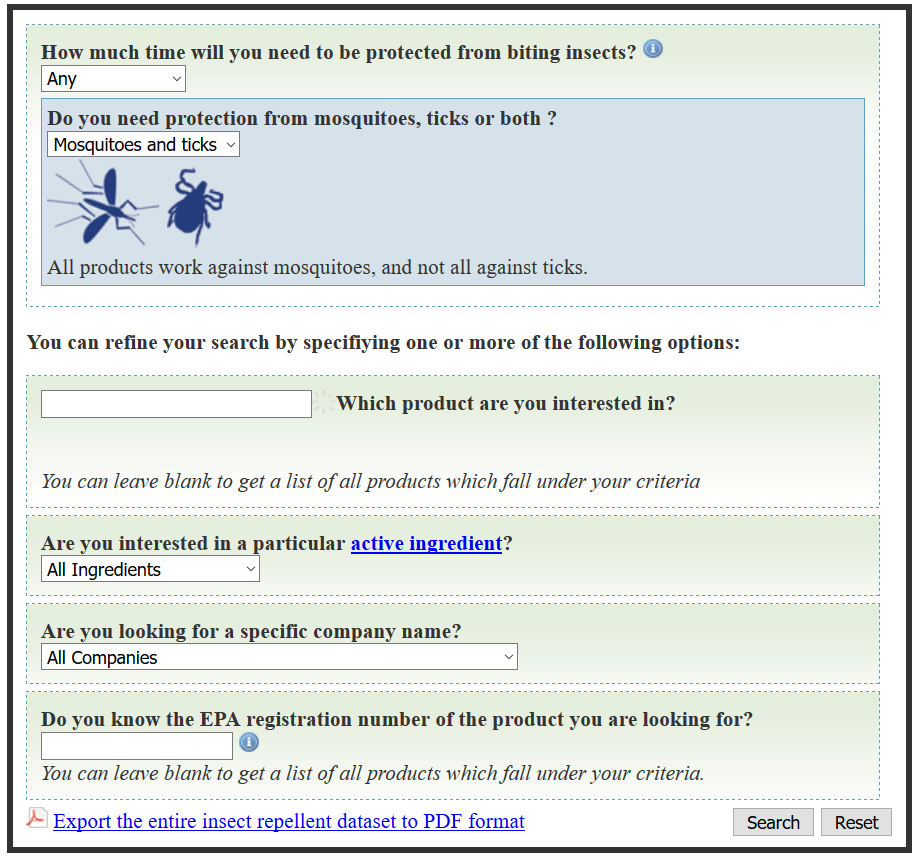Taking the Bite out of Zika
As the media continues to highlight—and at times exaggerate—the threat from the spread of the Zika virus, Navy Medicine recently issued a Zika Infection guidance for Navy and Marine Corps personnel that focuses on simple steps that can be taken to greatly reduce the possibility of exposure to the virus.
While acknowledging the Zika virus infections in pregnant women have been linked to cases of birth defects (though a definite causal link has yet to established), the guidance also reminds personnel that most people who become infected suffer no symptoms, and that when symptoms do appear they are generally quite mild. Still, the Navy and other armed services are working closely with the Centers for Disease Control to minimize the spread of the virus. After the CDC, out of an “abundance of caution,” issued guidelines on January 19 that reco mmended pregnant women should postpone travel to where active Zika outbreaks are occurring, the Pentagon announced it would be offering voluntary relocation for pregnant Department of Defense employees and beneficiaries located in areas where Zika is a threat..
mmended pregnant women should postpone travel to where active Zika outbreaks are occurring, the Pentagon announced it would be offering voluntary relocation for pregnant Department of Defense employees and beneficiaries located in areas where Zika is a threat..
On the Navy and Marine Corps Public Health Center Web site, visitors to the Zika Virus page will find pertinent, up-to-date information on all aspects of the Zika outbreak. Because the overwhelming majority of Zika infections are caused by bites from an infected Aedes species mosquito, the steps taken to prevent the spread of Zika will also protect you from other mosquito-borne viruses such as dengue and chikungunya. These include:
- Lodge in facilities with air conditioning or screened windows, vents, and doors
- Use mosquito netting if such facilities are not available or when sleeping outdoors.
- Wear long-sleeve shirts—and keep them rolled down. This might be a tough pill to swallow for sailors and Marines who’ve mastered the art of sleeve-rolling. But clothing is your first line of defense against mosquitos—don’t negate it by unnecessarily exposing skin. If you’re at a formal event requiring a dress shirt, be sure to wear the long-sleeve variety in case you remove your jacket.
- Use insect repellent. The Navy and other service branches recommend EPA-registered repellents containing DEET, picaridin, or IR353. But the U.S. National Library of Medicine warns that people who use high concentrations of DEET over a long period of time, like military personnel, may suffer skin reactions including blistering, burning, and even permanent scarring. If you prefer a non-toxic repellent, use the EPA’s insect-repellent search tool to find products with specific natural ingredients such as citronella or catnip.
- Don't employ bug-zapping devices. Yes, they fry any mosquitos that touch them, but not all the mosquitos attracted by the lights of these devices will wind up dead. Put bluntly, you are luring mosquitos their potential death—with the operative word here being "potential."
You can download a handy tri-fold informational flyer detailing the pertinent facts about Zika, how it's spread, and what you can do to prevent infection at the Navy Medicine Web site.